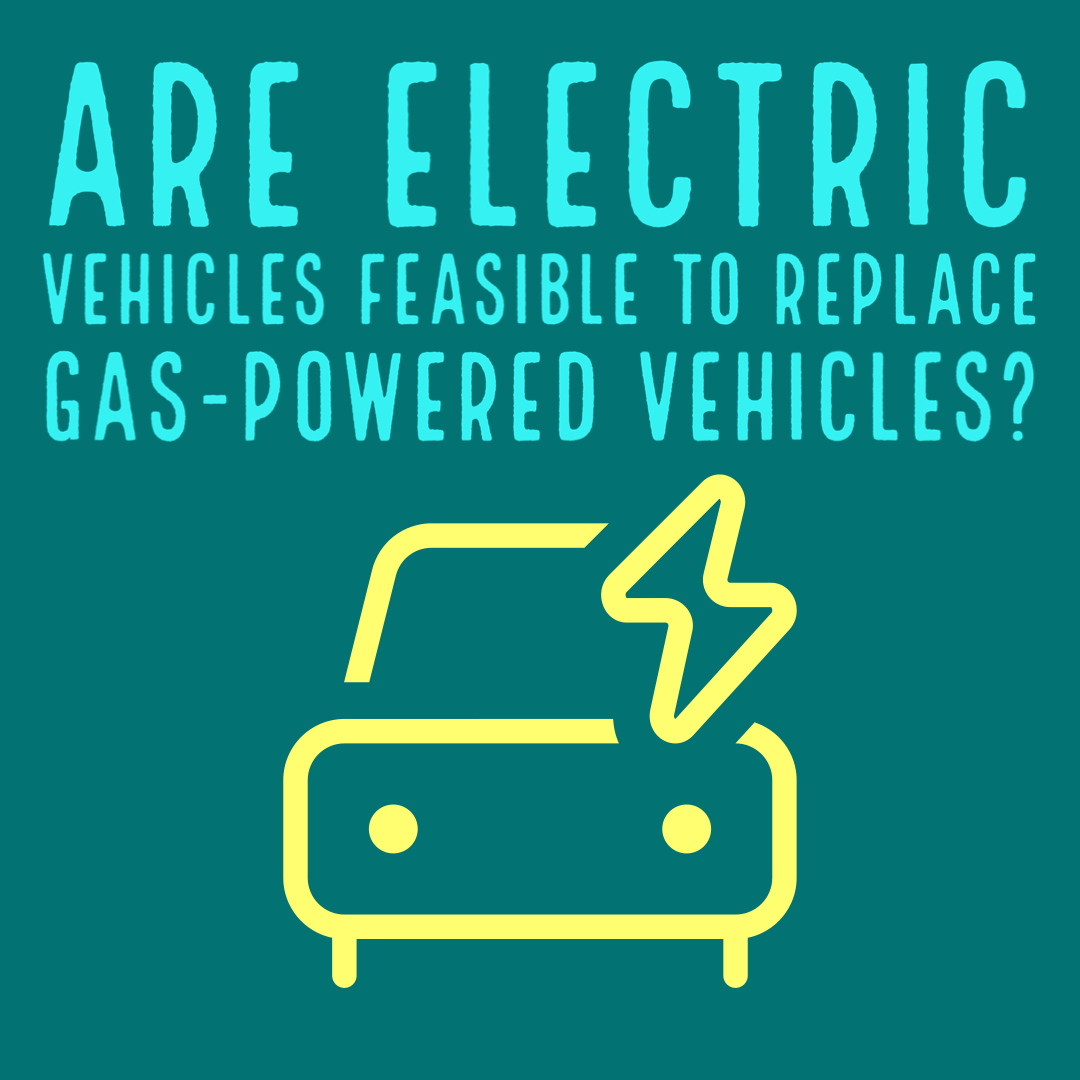As the years go by, the electric car industry is getting closer to taking over the automotive market. Several factors are expected to continue to drive consumer demand for EVs over the next decade: environmental concerns, more vehicle choices, improved battery capacity, and cost savings.
“California is requiring that all NEW cars sold in 2035 and beyond are zero emission vehicles which includes battery electric cars,” Ca.gov wrote.
With the population in California, it is no surprise to most that there is an abundance of vehicles to go with it.
“California had the most automobile registrations: almost 14.3 million such vehicles were registered in the most populous U.S. federal state. California also had the highest number of registered motor vehicles overall: nearly 31.4 million registrations,” Statista wrote.
There is a handful of car brands transitioning from gas to electric car production throughout 2023 and 2024; some of these changes include
- 2024 Audi Q8 e-tron
- 2023 BMW i5
- 2024 Chevrolet Blazer EV
- 2024 Chevrolet Equinox EV
- 2024 Chevrolet Silverado EV
- 2023 Cadillac Lyriq
- 2023 Fisker Ocean
- 2023 Genesis Electrified GV70
Is it feasible for electric cars to become the dominant automotive product?
Julio Gonzalez, a mechanic at Gonzales Road Service, doesn’t agree with the change from gasoline to electric vehicles.
“The change of gasoline cars to electric will impact mechanics like never before most operating and maintenance costs and also some parts may be more expensive to replace,” Gonzalez said.
Electric cars are vehicles, also known as EVs, that run electrically; they do not require gas since they use battery power. For example, Tesla, the most famous electric car company, produces electric vehicles that do not need gasoline, traditional oil, or oil changes.
However, the all-electric car’s gearboxes, or drive system, does need synthetic oil to facilitate smooth transmissions. Unlike the standard motor oil, Tesla’s synthetic oil doesn’t need to be replaced since they don’t break down over time. EVs do not require oil which is necessary to lubricate the number of moving parts in a combustion engine. EVs are powered by electric motors, not the oil mandatory engines.
A few students here at Bakersfield High School say it might be plausible, but they are not very happy that “real cars are gonna go away.”
“It’s convenient, but it’s also not,” Cesar Robledo, a BHS senior, said.
Robledo says it is beneficial because the earth gets healthier and getting rid of gas cars reduces air pollution. However, he also said it’s not convenient because the price to replace the batteries is very expensive, and they have to be replaced every 5 to 6 years. It is supposed to last about 15 to 20 years, but many “EV owners” have reported that the battery gets damaged and stops turning on after the 6th year.
Jason Gonzalez, a BHS junior, feels differently.
“Electric cars produce more CO2 than internal combustion engine vehicles; lithium mining is uniquely bad for the environment,” Gonzalez said.
The drawbacks to EVs
The negatives of electric vehicles EV batteries consist of materials like nickel, lithium, and cobalt which are energy-intensive to mine.
Once your electric vehicle battery dies, EV owners should get in touch with their local manufacturer’s garage; they can potentially recycle the battery and find a replacement. The manufacturer then has three main options: send it to landfill, give it a second life, or recycle the salvageable parts.
EV drivers still need charging stations, and EVs have a limited driving range per charge. The average driving range of an EV is 250 to 500 miles per charge. Installing charging stations at home isn’t cheap, so many EV drivers rely on public charging stations.
The benefits of EVs
The positives of electric vehicles include that they produce zero tailpipe emissions, meaning that they don’t contribute to air pollution the same way gas-powered vehicles do.
EVs have lower maintenance costs, produce zero emissions, and have a cheaper cost per mile compared to gas vehicles, which have higher maintenance costs, produce emissions, and have a higher cost per mile. EVs can also potentially travel four times as far as a traditional car for the same energy expense.
The city of Bakersfield in California has 200 public charging stations, 8 of which are free EV charging stations.
For EV drivers to install their own Level 2 EV charger at their home or business, they will need to use the appropriate permit provided by the city that they live in. Private EV charging stations cost approximately $1,300 to install, and they need to be installed by a licensed electrician. EV drivers can find charging, residential building, and renewable energy permitting information through local government offices. California residents may also refer to the PG&E website for further information.
With this all in mind, it still leaves the question: is it really better to get rid of gasoline-based cars?
Share your opinion with “The Blue and White” at [email protected] or contact us on social media.









